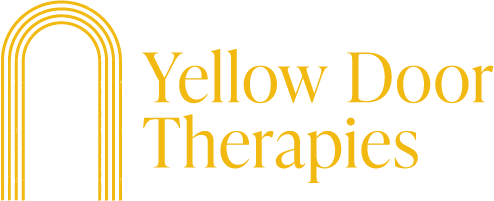
Women’s Health
We believe that a positive and empowering approach to women’s health and wellbeing, at all stages of life, serves to support and nourish their families and the wider community around them too. Our holistic therapies can support women in a number of ways.
Osteopathy
Osteopaths work with women during pregnancy to help make space for the baby as it grows and relieve the strain for the mother as her body adapts to different pressures. She may experience this as a tightening around the lower back, hips and pelvis, or discomfort at the lower ribs. Osteopaths are well placed to provide relief from these difficulties, a safe space to relax and also time to prepare the body and mind for birth. At the later stages, treatment can also encourage optimal positioning for the baby as space is made around the pelvis and hips.
After the birth, an osteopathic treatment can be helpful for making sure the pelvis, hips and spine are well aligned so the body adjusts well to not being pregnant again. Sometimes the pelvic floor can be tight or weak, and osteopathy can help with improving function. The upper back and neck can come under more pressure during this time, so treatment can help reduce the tension that develops and provide suggestions of exercises or lifestyle advice to try.
Some women experience chronic inflammatory joint pain as a result of a drop in oestrogen. Osteopathy helps by encouraging good movement patterns, which in turn results in reduced joint problems and helps restore nervous system stability.
Acupuncture
Acupuncture is well known to be a successful fertility treatment. It helps a woman to maintain optimal health throughout her pregnancy and after birth. A therapy called moxibustion is known by midwives to be very helpful for turning babies from breech position and certain acupuncture points can induce labour. It can therefore be helpful at all stages from conception to birth and beyond.
Acupuncture can be used as an alternative to hormonal treatments to reduce menopausal symptoms and has been helpful with emotional symptoms, sleeping issues and hot flushes.
Massage
Massage is a relaxing and rejuvenating therapy during pregnancy and after, to help ease out tension in muscles and calm the nervous system. It can put the body and mind in the right place for birth and encourage flow and fluidity that is an essential part of a healthy pregnancy.
The menopause is both physically and emotionally demanding on the body. Massage is used to relieve the body of tension and settle the mind. Allowing the body to relax not only helps with the physical adjustments the body is making, but allows the mind to process the mental and hormonal changes a woman may be experiencing in this new stage of life.
Counselling
A woman goes through huge physical and mental changes as part of the process of getting pregnant, carrying the baby and caring for a child. Counselling provides a supportive space for this transition to motherhood and the internal changes experienced as roles and relationships change.
Similarly, the menopause can have a huge impact on mental health and this can manifest in unsettling symptoms such as anxiety, depression and exhaustion. Counselling provides a confidential setting for someone to express how this might make them feel and talk about sensitive issues in a safe space.
